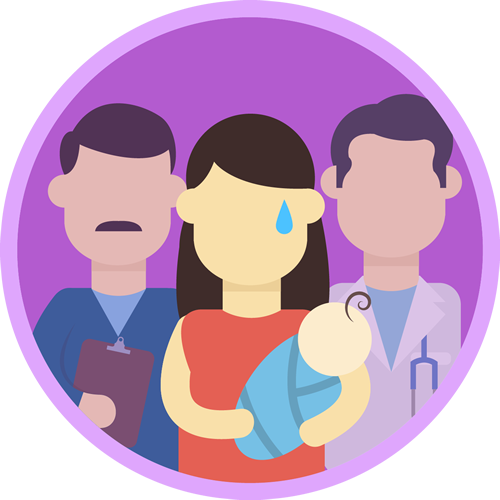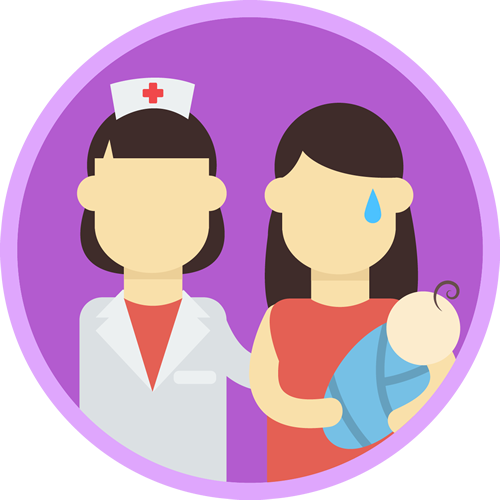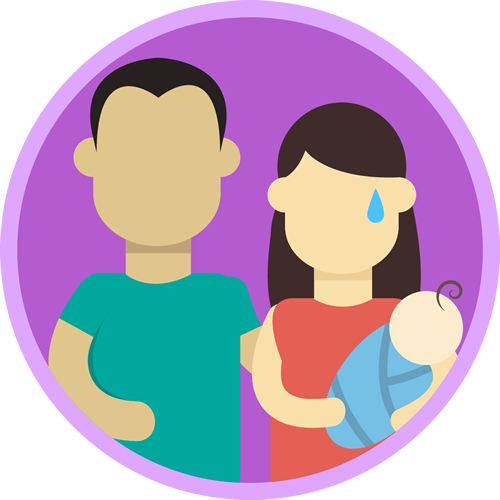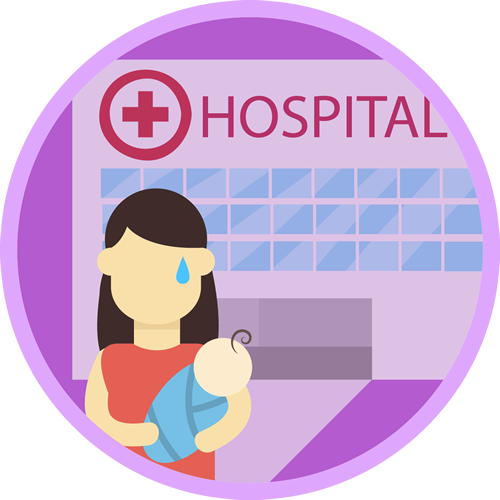Castillo-Torralba M. Intervenciones psicosociales y psicológicas para la prevención de la depresión postparto: Aspectos prácticos de la BSR (última revisión: 24 de septiembre de 2007). La Biblioteca de Salud Reproductiva de la OMS; Ginebra: Organización Mundial de la Salud. Available at: http://apps.who.int/rhl/pregnancy_childbirth/...
Psychosocial and psychological interventions for prevention
First contact (Primary Care)
Castillo-Torralba, (2007) suggests the following recommendations for the management of the PD in primary care:






Health care professionals (midwives, nurses, general practitioners, gynecologists and obstetricians), which provide prenatal and postpartum care should evaluate and identify depressive symptoms in women who have just given birth.
The use of the Edinburgh Postnatal Depression Scale, has proven to be a reliable tool to identify women with symptoms of depression. It has good sensitivity and specificity as indicators of depressive symptoms when the recommended cut greater than 12 postpartum (1, 2) is used. The results of the scale must be interpreted in conjunction with clinical judgment to confirm the existence of depressive symptoms in the postpartum period.
The psychological and psychosocial interventions should offer hope in preventing postpartum depression, including home support visits (prenatal and postnatal), home visits in an early stage of postpartum accompanied by family doctors, with the participation midwives and continuity of care provided by midwives and other health professionals.
Nurses can encourage self-care activities in new mothers to help relieve the symptoms of depression during the postpartum period.
The husband and other family members should be involved in caring for mothers with postpartum depressive symptoms, as appropriate.
Mothers with symptoms of postpartum psychosis should be promptly referred for hospital care.